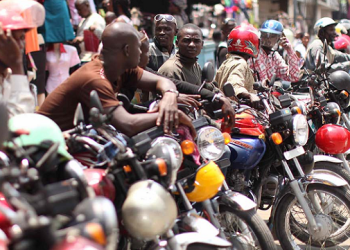For the 3-year bond that was rollover on Friday, May 20th, 2022, the government will pay a high 25 percent yield or cost.
According to the Bank of Ghana‘s results, it secured ¢470.4 million for the debt instrument, which is around 76% less than the target amount.
Despite the coupon rate being within the price range, the financial market has become extremely costly as a result of the liquidity crunch and inflation uncertainty.
This is reflected in the amount of money raised by the government, which fell significantly short of expectations.
More investors appear to be considering selling their bonds or debt instruments rather than purchasing them on the secondary market.
Read Also: CR: Masco Foods opens new branch of KFC in Cape Coast
This has made issuing new bonds more expensive, resulting in a high yield-to-maturity, which might have an impact on government finance.
According to the terms, the government will pay interest on the bonds semi-annually until maturity, at which point it will pay off the principal if the bonds are not rolled over.
The bond required a minimum bid of ¢50,000, with further bids in multiples of ¢1,000.
The bookrunners were Absa, Black Star, CalBank, Databank, Ecobank, Fidelity, GCB, IC Securities, and Stanbic Bank.
For 5-year and 2-year bonds, the government pays a higher yield.
For the 5-year and 2-year notes issued earlier this month, the government paid a higher interest rate.
On Friday, May 6, 2022, it paid 22.30 percent and 21.50 percent interest on 5-year and 2-year notes, respectively.
The interest rate, which is expected to rise, will be paid semi-annually until 2027 and 2024, respectively, when the country’s interest payment is due.
The government used to pay between 19 percent and 20.50 percent for medium-term financial instruments until recently.
SOURCE: myjoyonline


























